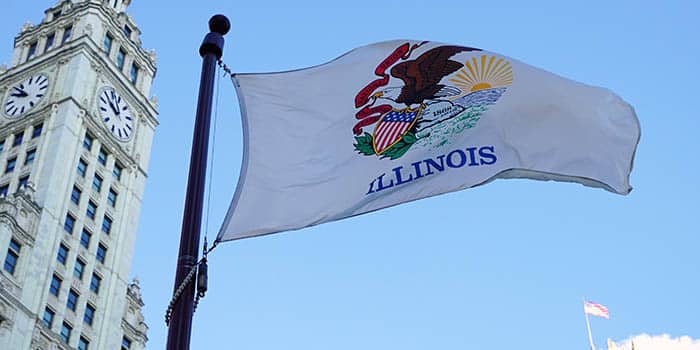Colorado Division of Gaming Introduces Statewide Self-Exclusion Scheme
The new self-exclusion scheme is in line with Limited Gaming Rule 29 and Sports Betting Rule 9

The Colorado Division of Gaming (DOG) has launched a new statewide self-exclusion scheme, providing locals with a way to control their gambling habits. In line with Colorado’s responsible gambling rules, the program allows locals to be excluded from all regulated gambling in the state.
As a result, excluded persons will be unable to access online sports betting and will not be allowed to enter casinos and sportsbooks in Colorado.
Coloradoans who wish to exclude themselves from gambling can do so for a period of one year, three years or five years. Consumers can sign up for the program by applying online, submitting an application form via email or mail, or applying in person.
Excluded individuals will not be automatically removed from the exclusion list even after the exclusion period ends. Individuals who wish to be removed from the list will have to file a request.
DOG Called the Scheme an “Exciting Advancement”
The launch of the new self-exclusion scheme is in line with Limited Gaming Rule 29 and Sports Betting Rule 9, which introduced new responsible gaming duties and requirements for casino and sports betting operators in the state.
The rules also established the DOG as the custodian of the self-exclusion list. Prior to the launch of the current program, self-exclusion in the Centennial State was managed by the Problem Gambling Coalition of Colorado (PGCC).
DOG director Christopher Schroder commented on the launch of the new self-exclusion scheme, highlighting the division’s commitment to promoting responsible gambling across Colorado. He called the launch of the program an “exciting advancement” for the state.
Schroder also thanked the PGCC for everything it has done so far, praising the organization as a reliable ally.
We appreciate all of the work that the PGCC has done to get the Self-Exclusion program to this point. They are an excellent partner in this important work.
Christopher Schroder, director, Colorado Division of Gaming
The regulator hopes to establish a modern tech-driven website that would make self-exclusion easier and more intuitive for customers in Colorado. The DOG is planning to work on this site over the next year.
In the meantime, the division said that the self-exclusion list has now been disseminated to gambling industry bodies across Colorado, allowing them to turn down self-excluded individuals.
Angel has a passion for all forms of writing, be it fiction or nonfiction. His curious nature gives him an ace up his sleeve when researching a new topic. Angel’s thirst for knowledge, paired with adaptability, always helps him find his way around.

















